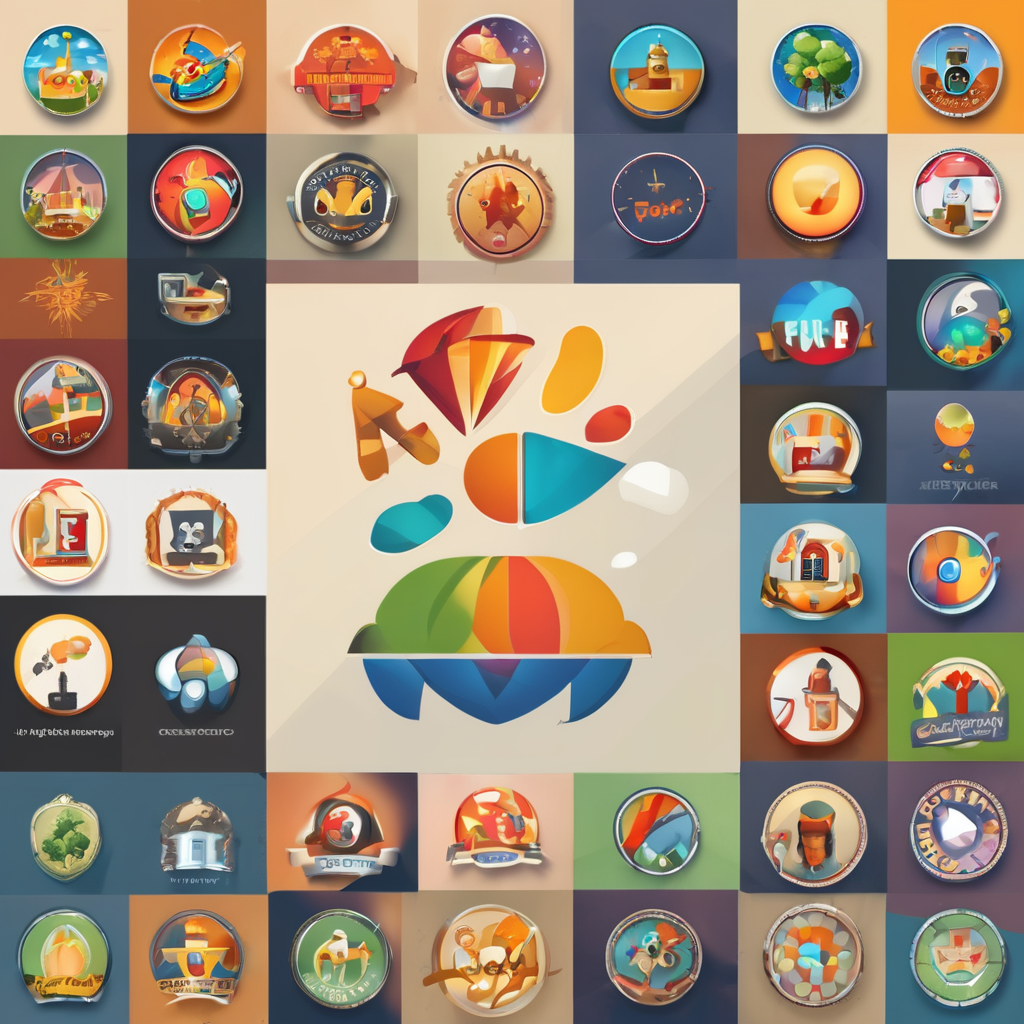Unlocking Parrot Social Skills: Key Strategies for Building Bonds with Humans and Cultivating Avian Friendships
When it comes to parrots, their intelligence and social nature make them some of the most fascinating and engaging pets you can have. However, building strong relationships with these birds requires more than just providing food and shelter; it involves cultivating deep social connections and understanding their unique needs. Here’s a comprehensive guide on how to unlock your parrot’s social skills and create a lifelong bond.
Understanding Parrot Social Needs
Parrots are inherently social creatures that thrive in environments where they can interact and connect with others. In the wild, they live in flocks, constantly communicating and engaging with each other. When kept as pets, it is crucial to replicate this social environment to ensure their mental and emotional well-being.
Also to discover : Designing the ultimate ferret playground: ensuring safe and stimulating spaces for your furry friends
The Importance of Social Interaction
Social interaction is vital for parrots, just as it is for humans. Here are a few reasons why social interaction is so important for your feathered friend:
- Mental Health: Social isolation can lead to stress, anxiety, and other mental health issues in parrots. Engaging in regular social activities helps maintain their mental health and prevents behavioral problems[1].
- Learning and Development: Social interactions help parrots learn new behaviors, tricks, and even language skills. For example, African Greys are renowned for their ability to mimic human speech, but this skill is honed through extensive social interaction[1].
- Physical Health: A happy and socially engaged parrot is more likely to have better physical health. Stress and loneliness can weaken their immune system, making them more susceptible to illnesses.
Creating a Social Environment
To create a social environment that fosters strong relationships between you and your parrot, you need to invest time and effort into several key areas.
Also read : Designing a safe and stimulating home for your hamster: essential tips and tricks for pet owners
Interactive Play
Interactive play is one of the most effective ways to build social connections with your parrot. Here are some activities you can try:
- Role-Playing: Engage in role-playing activities like pretending to be a bird or using props to mimic real-life scenarios. This helps your parrot develop empathy and understanding of different social roles[3].
- Puzzle Toys: Use puzzle toys that challenge your parrot to figure out how to get a treat. This not only keeps them mentally stimulated but also encourages interaction with you as you help them solve the puzzles.
- Outdoor Activities: Take your parrot outside for walks or to play in a safe, enclosed area. This exposes them to new environments and allows for more varied social interactions.
Group Rotations and Socialization
If you have multiple birds or can arrange playdates with other parrots, group rotations can be highly beneficial.
- Bird Socialization: Allow your parrot to interact with other birds under supervised conditions. This helps them develop essential social skills like communication, sharing, and conflict resolution.
- Human Interaction: Rotate your parrot through different human caregivers to help them become comfortable with various people. This is especially important if you have a busy schedule and multiple people will be interacting with your bird.
Building Human Connection
Building a strong human connection with your parrot is crucial for their social development and your relationship with them.
Spend Quality Time
Spending quality time with your parrot is essential. Here are some ways to make the most of your time together:
- Daily Interactions: Set aside dedicated time each day to interact with your parrot. This could be as simple as talking to them, playing with them, or just sitting together.
- Consistency: Establish a routine so your parrot knows when to expect interaction. Consistency helps build trust and strengthens your bond.
Use Positive Reinforcement
Positive reinforcement is a powerful tool in building social skills and strengthening relationships.
- Reward Good Behavior: Use treats, praise, and affection to reward good behavior. This encourages your parrot to repeat positive actions and builds a positive association with social interactions.
- Avoid Punishment: Avoid punishing your parrot for misbehavior. Instead, focus on redirecting their actions towards more positive behaviors.
Practical Tips for Socialization
Here are some practical tips to help you socialize your parrot effectively:
Create a Social Schedule
Create a schedule that includes various social activities throughout the day.
| Time | Activity |
|---|---|
| Morning | Breakfast interaction (talking, feeding) |
| Mid-morning | Playtime (puzzle toys, role-playing) |
| Afternoon | Outdoor activity (walks, play in enclosed area) |
| Evening | Quiet time (reading, gentle interaction) |
Use Social Media and Community Resources
- Join Parrot Communities: Join online forums or local parrot clubs to connect with other parrot owners. This can provide valuable advice and opportunities for socialization.
- Share Your Experiences: Share your experiences and tips on social media to connect with other parrot enthusiasts and learn from their experiences.
Products and Services
Utilize products and services designed to enhance social interaction:
- Interactive Toys: Invest in interactive toys that encourage problem-solving and engagement.
- Training Sessions: Consider professional training sessions that focus on socialization and behavior.
Overcoming Challenges
Building strong social connections with your parrot is not without its challenges. Here are some common issues and how to address them:
Behavioral Problems
Behavioral problems such as screaming, feather plucking, or aggression can be signs of social isolation or stress.
- Identify the Cause: Determine the underlying cause of the behavioral issue. Is your parrot not getting enough social interaction? Are there changes in their environment?
- Consult a Professional: If the problem persists, consult with a professional animal behaviorist or a veterinarian for advice.
Time Constraints
Many people face the challenge of balancing work and personal life with the time needed to socialize their parrot.
- Delegate Tasks: If possible, delegate tasks to other family members or caregivers to ensure your parrot gets the social interaction they need.
- Make the Most of Your Time: Even small moments, like talking to your parrot during breakfast or while getting ready for work, can make a significant difference.
Long-Term Benefits
Investing time and effort into building social skills and relationships with your parrot has numerous long-term benefits.
Lifelong Bond
A strong social connection with your parrot can lead to a lifelong bond. Parrots can live for many years, and a well-socialized bird will remain a loving and engaging companion throughout its life.
Better Health
Socially engaged parrots tend to have better mental and physical health. This reduces the risk of behavioral problems and health issues, ensuring your parrot lives a happy and healthy life.
Enhanced Learning
Social interaction enhances your parrot’s ability to learn new tricks, behaviors, and even language skills. This makes training easier and more enjoyable for both you and your bird.
Building strong social skills and relationships with your parrot is a rewarding and enriching experience for both you and your bird. By understanding their social needs, creating a social environment, and investing quality time, you can foster a deep and lasting connection.
As the American Academy of Pediatrics notes, “Play is essential to development because it contributes to the cognitive, physical, social, and emotional well-being of children and youth.” Similarly, for parrots, play and social interaction are crucial for their overall well-being and development[1].
By following these strategies and tips, you can help your parrot become a confident, social, and loving companion, making every day a joyous and engaging experience for both of you. Remember, with time, patience, and the right approach, you can create a bond that will last a lifetime.




